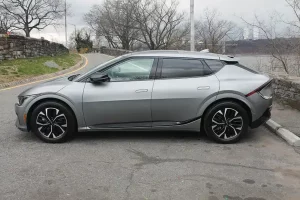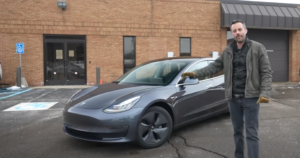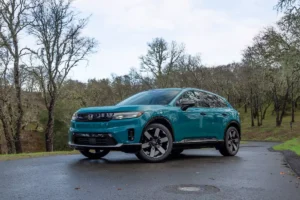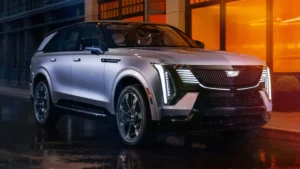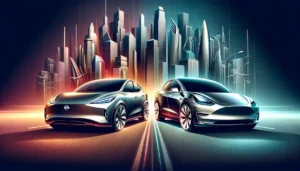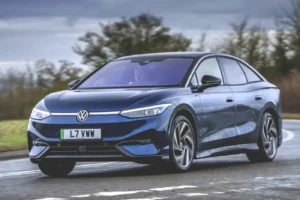Should I Buy an Electric Car in 2022?
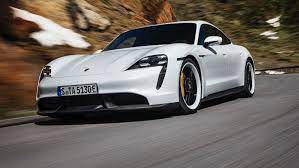
It’s no secret; electric cars are booming in 2022. Last year was the strongest year yet for EVs, with electric cars outselling their diesel counterparts. With internal combustion engine (ICE) production set to stop in 2030, almost every brand has an electric-focused strategy, from the likes of Rolls-Royce to Alfa Romeo and everyone in between. But never mind the car industry – or the politics that surround combustion cars – should you, the consumer, actually buy an EV?
— The Best Electric Cars Ranked!
On this page we’ll walk you through everything you need to know when deciding which powertrain is right for you – and advise if an electric car is suitable. We’ll regularly update this page, with new information, advice, and insight when we get it. Keep reading for more.
How popular are electric cars?
Figures from the Society of Motor Manufacturers and Traders (SMMT) revealed total EV registrations in the UK hit 190,727 units in 2021 – up from 108,205 the year before. That’s a huge 75% increase, but it’s still less than the 300% growth between 2019 and 2020, albeit from a lower base.
Price
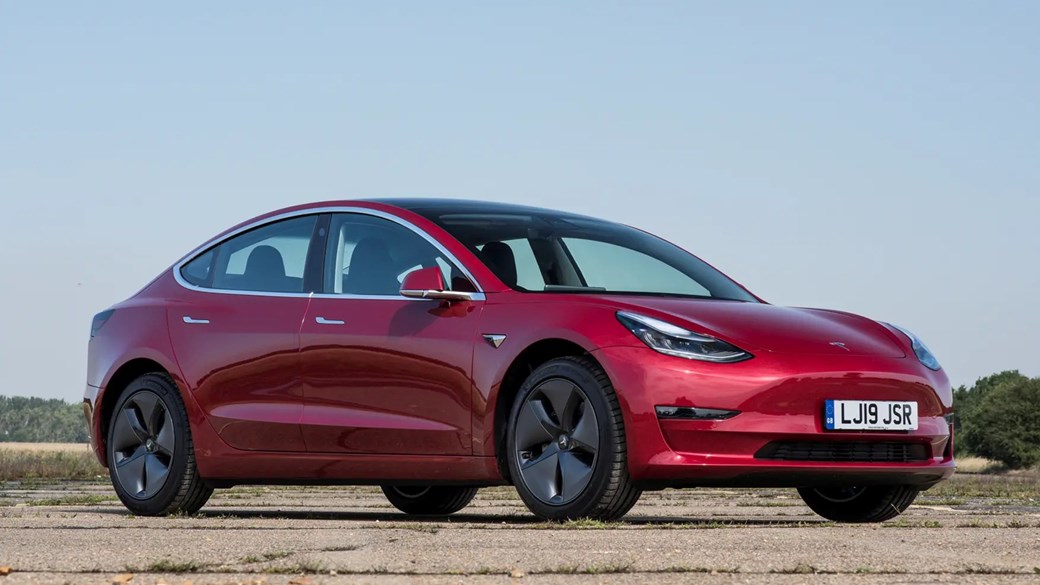
Electric cars remain an expensive option on the forecourt, and that’s partly down to the materials and construction process they require – as well as the huge R&D and investment costs borne by car manufacturers rapidly having to pivot from fossil fuels to battery tech. With that in mind, even the cheapest EVs in the UK are relatively expensive; the Tesla Model 3 costs from £42,990 – which isn’t that affordable for many motorists.
What’s more, it appears that the UK is one of the most expensive places to buy an electric car. Research from Confused.com revealed that the UK is the tenth most expensive country to buy a battery electric vehicle. This isn’t helped by the gradual erosion of the government grant, which has now shrunk to just £1500 for cars costing less than £32,000.
Running costs of EVs will typically be cheaper than for a petrol or diesel car, and it’s worth working out exactly what you’ll save in the long run before you dismiss buying an electric car. It’s not all about the purchase price, so be sure to consider the VED road tax bill, the fuel savings and – especially – any benefit-in-kind tax if you will be running your battery vehicle as a company car.
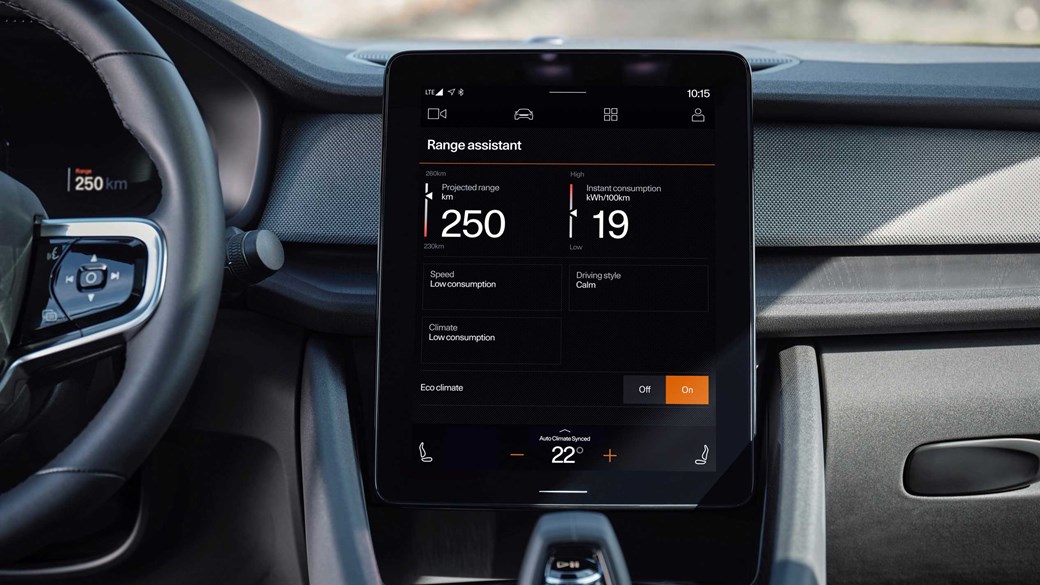
Range
If price is the first barrier of entry to EV ownership, range – and the perceived lack of it – has to be a close second. Range anxiety is still a factor for many motorists in 2022, though the actual range of electric cars has moved on considerably.
Cars such as the Mercedes EQS 450+ can travel a WLTP-rated 453 miles between charges (London to Glasgow with around 40 miles to spare) and even the cheaper EVs like the Kona Electric can now squeeze 300 miles out of their integrated batteries. With that in mind, it’s worth casting your eyes over our longest range EVs guide to get a better idea of what they can do in 2022.
More important, however, is to consider the number of miles you’ll do per day, per week – or even per month. When paired with a home charger – or local public power point – most EV owners rarely approach the upper limits of their range, or they charge less frequently than you’d expect. Our advice? Tot up your most common journeys – and your longest – and you’ll see just how feasible having an electric car could be.
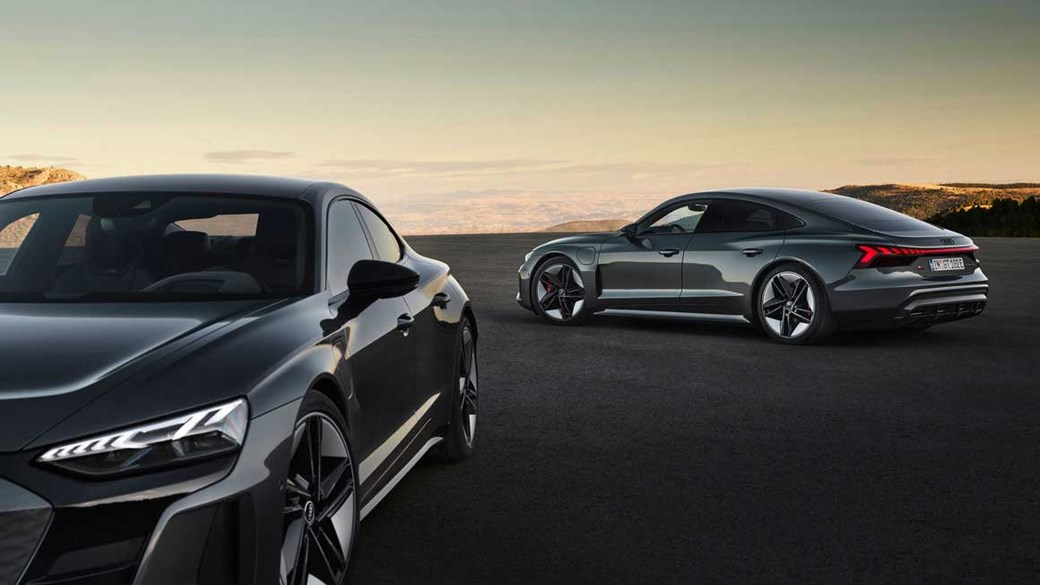
Running costs
EVs provide environmental benefits thanks to their lack of tailpipe emissions, but they also provide a substantial saving in running costs. Most electric vehicles are cheaper to run than their ICE counterparts; partly because of cheaper refueling costs but also because they have fewer moving parts and can cost less to service.
Check our EV running costs article, and you’ll see just how cheap an electric car can cost, especially when compared to its petrol or diesel-engined counterparts. The only catch? As we’ve already mentioned, EVs cost more to buy in the first place – so you’ll be paying a premium up front.
Charging times
When you do have to top up, you’ll want to do it as fast as possible. Charging an EV still isn’t as quick as refuelling a petrol, diesel or hydrogen car – but topping up an electric car is gradually speeding up. For example, according to Leasing Options, the quickest charging car is the Fiat 500 e, which takes 24 minutes. Of course, that’s only 81 miles added in that time, so remember: the bigger the battery, the longer it takes to charge.
How long does it take to charge and electric car?
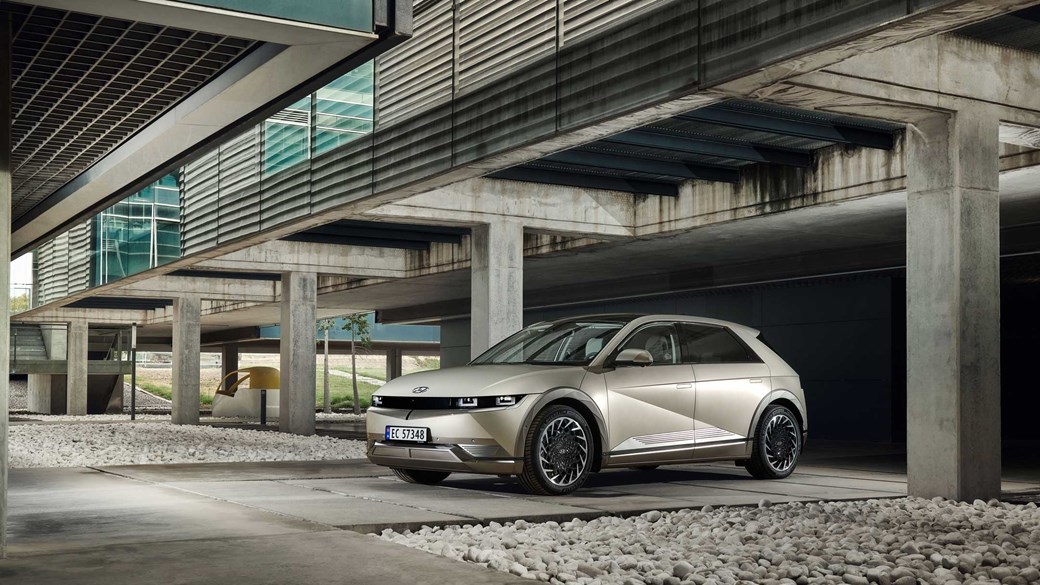
For more miles, but longer charging time, the Mini Electric gives you 105 for just 30 minutes of charging.
| Charge Cost (£) | Cost Per Mile (p) | Miles Added | kWh Added | Real-World Electric Range (miles) | Charge Time (Minutes) | |||
| 1 | Fiat | 500 Hatch | 5.76 | 7.1 | 81 | 19 | 101 | 24 |
| 2 | MINI | Electric | 7.82 | 7.5 | 105 | 26 | 131 | 30 |
| 3 | Honda | e | 8.52 | 8.3 | 103 | 28 | 129 | 36 |
| 4 | Mazda | MX-30 | 8.52 | 9.1 | 94 | 28 | 118 | 36 |
| 5 | SEAT | Mii Electric | 8.83 | 7.2 | 122 | 29 | 153 | 36 |
What type of electric car to buy?
If you’re warming to the idea of an electric car, it’s worth working out what sort of vehicle type you’re after. In 2022, EVs come in all the same shapes and sizes as normal cars; from SUVs and small city runarounds to seven-seaters and even sports cars.
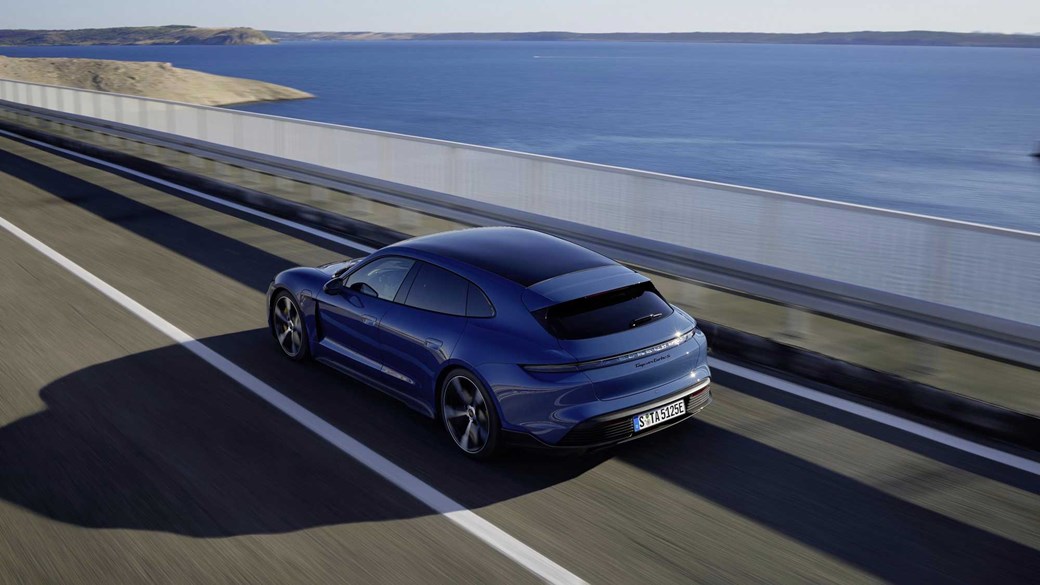
If you’ve got a family in tow, we’d recommend some of the larger SUVs, like the Audi e-Tron and Mercedes EQC, and if you’re looking for performance and style something like a Porsche Taycan or Audi e-Tron GT should be at the top of your list. Lastly, if you’re after a more all-purpose vehicle, investigate cars such as the Honda e, Kia EV6 or Tesla Model 3.
Once you’re decided what sort of EV you want to buy, browse our buying guides based on each car type below:
New or used, or lease?
Electric cars are expensive new, and huge savings can be had if you go for a used model. As you’d expect, there’s a little stigma around electric cars; mainly due to battery lifecycles – but we’ve done the research and found several great picks in the electric second-hand market. You can read our best used EVs guide here.
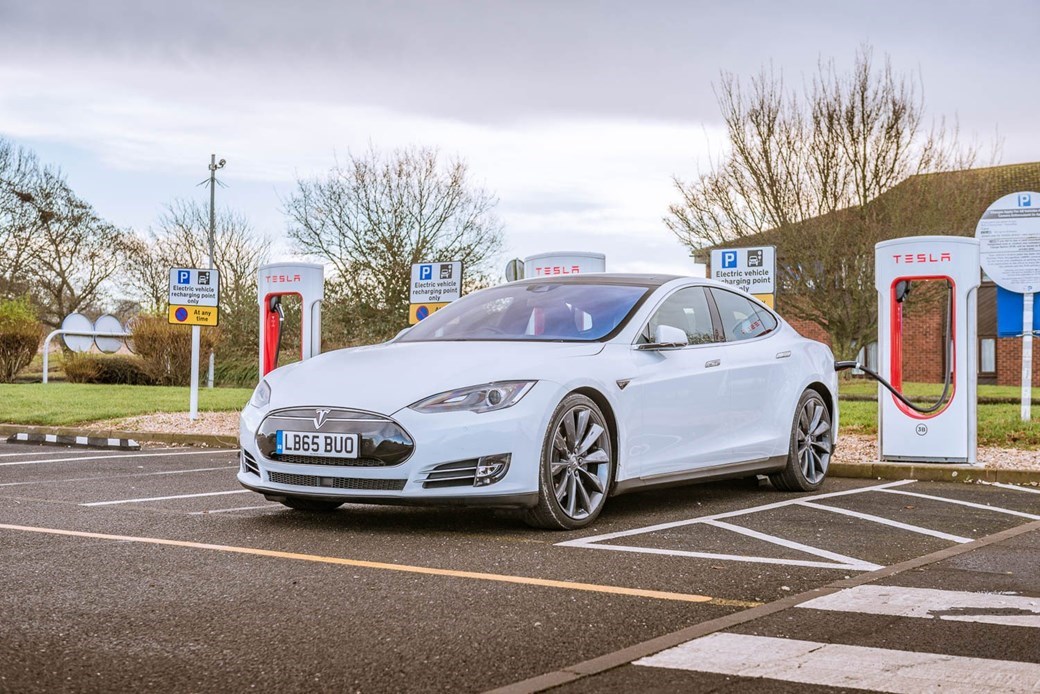
One thing to bear in mind, though. Such is the pace of development around EVs, that older used cars won’t have anything like the headline stats and range figures you see in brand new cars such the Hyundai Ioniq 5.
How long do electric car batteries last?
Leasing represents a third and increasingly popular option for prospective EVs. According to Leasing.com, demand for EVs rose by 106% last year, outperforming diesels. And BEVs rose by 101% in terms of interest, accounting for 16% of all the company’s inquiries. Just as in in the SMMT registration data, the Tesla Model 3 sits at the top of the charts, while the Volkswagen ID.3 and a trio of Hyundais – the Ioniq, Ioniq 5 and Kona – make up the top five picks.
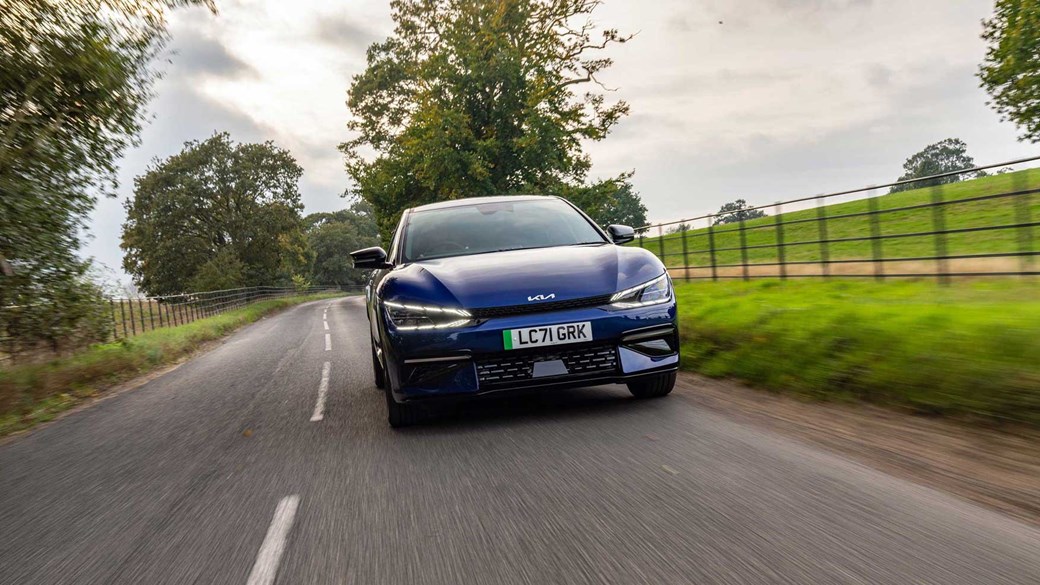
Verdict: buy an electric car in 2022 or wait?
Ultimately, only you can decide if it’s time to buy an electric car – as only you know your usage habits and budget. If an EV is in your price range, and range isn’t going to be a problem based on typical journeys, getting an electric car is a great idea. Not only is it cheaper to run, but it’s also eco-friendly, usually nippy – and a way to futureproof your transport solution for years to come. Things will only get better in our view; EV infrastructure is being improved all the time, so chargers will become an increasingly common sight at Britain’s service stations and high streets.
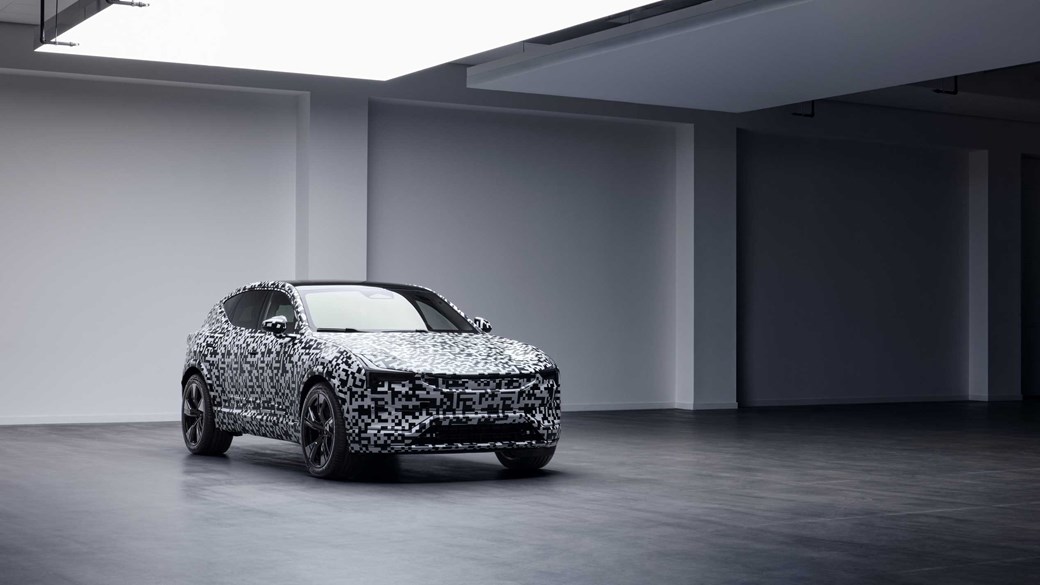
However, if the numbers don’t add up, or you’ve still got doubts – why not wait for an even more advanced electric car in the future – or simply pick a hybrid as compromise? A neat stepping stone between electric and petrol, the best hybrid cars offer many of the benefits you get with EVs, but also have the range and ease of use of a traditional ICE engine.
